On June 19, a national scientific conference with the theme "University Ranking in Vietnam: Theory and Practice", held at Banking University of Ho Chi Minh City, gathered many speakers, scientists and representatives of universities.
"Borrowing science" to rank!
Dr. Nguyen Quoc Chinh, Director of the Center for Testing and Assessment of Training Quality - Ho Chi Minh City National University, said that it is a reality that schools "borrow" from science to improve their university rankings. He stated: "This is not wrong but should be seen as a strategy that is suitable for the specific goals of eachuniversity in the current competitive context."
Mr. Chinh emphasized that university rankings are a "voluntary game" but if participating, schools need to prepare carefully and know what rules they are playing by. Through this "game", schools determine their position on the national and international university education map; promote transparency and accountability to stakeholders and the whole society; promote their image, help schools attract high-quality human resources, funding...; create a foundation for ensuring the quality of universities, contributing to improving the quality of training and research.
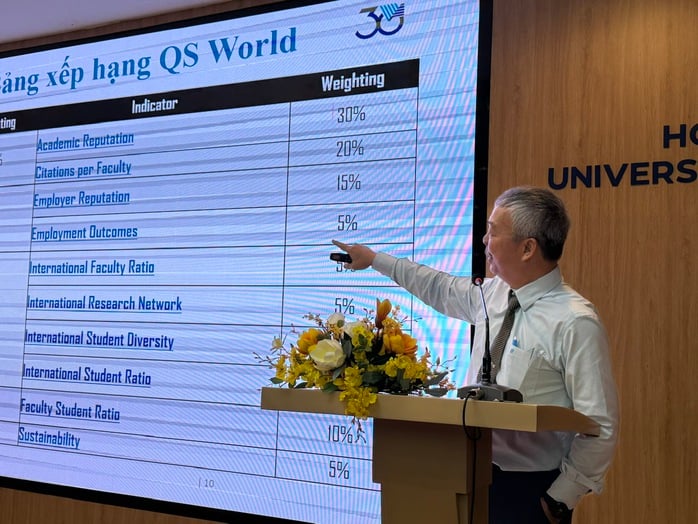
Dr. Nguyen Quoc Chinh speaking at the conference
"There is no perfect ranking, the important thing is that the university chooses the right system, suitable for its orientation and capacity" - Mr. Chinh commented.
Among the prominent rankings, ARWU (Shanghai Jiaotong) mainly evaluates the level of excellence based on research achievements and awards such as Nobel, Fields; while THE (Times Higher Education) focuses on quantitative data such as the number of international articles; QS (QS World University Rankings) focuses on academic reputation, recruitment and faculty/student ratio... Each ranking has its own advantages and disadvantages, so Dr. Nguyen Quoc Chinh recommends that universities should take advantage of it as a tool to reflect and improve the quality of training and research.
Mr. Chinh also pointed out the limitations of university rankings. Some rankings are biased towards scientific publication achievements or reputation surveys, placing too much weight on this area, leading to inaccurate orientation for universities. In addition to scientific publications, which are verifiable data, most other data is provided by the school or is subjective, making it difficult to verify the level of reliability.
Mr. Chinh also said that currently, only 5% of universities in the world appear on the rankings.
Strategic development positioning
According to Associate Professor Dr. Nguyen Duc Trung, Principal of Banking University of Ho Chi Minh City, the quality of university education depends on many factors: the qualifications of lecturers, the academic environment, reputation and investment in research. Although Vietnamese universities have made significant improvements, such as an increase in the rate of PhDs, increasingly clear development strategies..., there are still few institutions ranked high on international rankings.
Professor Nguyen Loc, Vietnam Institute of Educational Sciences, commented that the number of Vietnamese universities appearing in international rankings is still limited, especially ARWU, QS or THE. Part of the reason comes from the fact that the quality of training and research of the schools is not really competitive.
"Instead of focusing only on major global rankings, schools should start with regional rankings such as QS Asia, THE Asia or participate in category rankings such as QS Stars, THE Impact Rankings. Schools need to promote international publications on SCOPUS, improve lecturer standards, expand academic relations and increase their presence in international forums" - Professor Loc emphasized.
From another perspective, Dr. Ong Van Nam, representative of the Examination and Quality Assurance Department - Banking University of Ho Chi Minh City, said that university rankings also affect the ability to attract international students. Although Vietnam has a large number of students studying abroad, it welcomes very few international students due to the lack of a uniform credit recognition system, language barriers and incomplete support services.
"The ranking is not only for promotion but also for schools to position themselves, determine long-term development strategies, and increase competitiveness in global university education," said Dr. Ong Van Nam.
Take advantage of rankings
Dr. Nguyen Quoc Chinh noted that universities should make good use of rankings; ensure quality to help determine measurement indicators, compare with domestic and foreign university education institutions.
To have a good position on the rankings, universities need to build a team of highly qualified lecturers to achieve training quality, meeting the requirements of employers. Universities also need to have good quality of community service, good research quality, good external relations, good interaction with partners, good communication...
Source: https://nld.com.vn/chien-luoc-xep-hang-dai-hoc-196250619211513998.htm



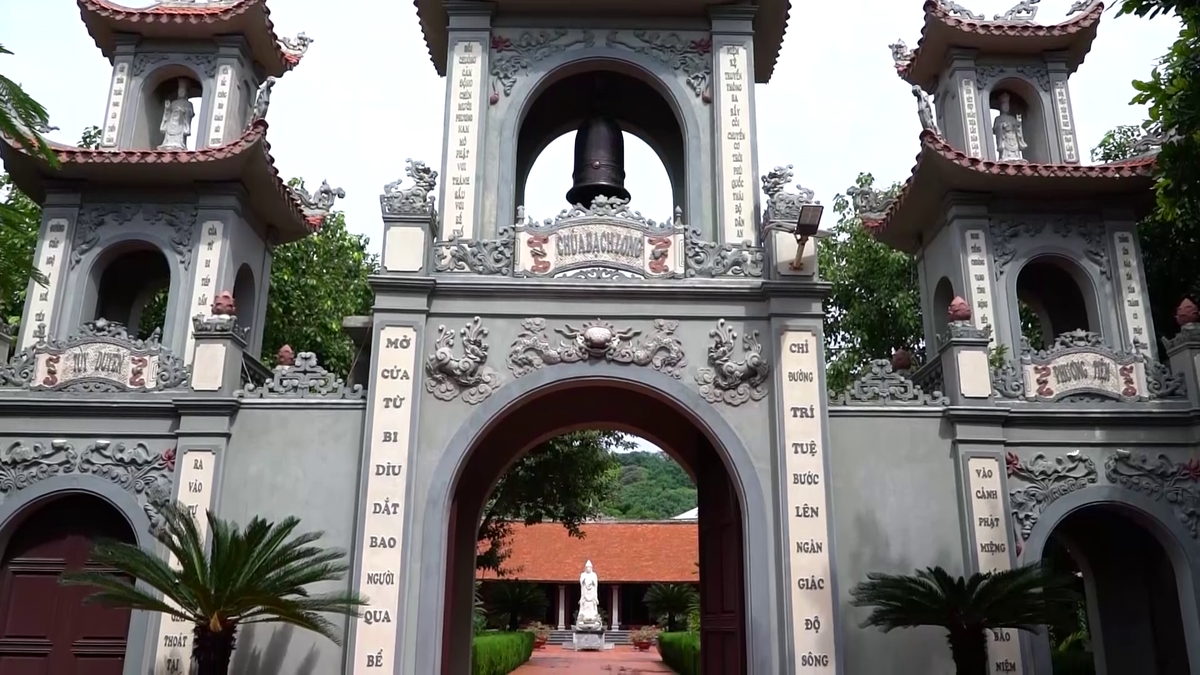









![[Infographic] Number of qualified applications to military schools increases](https://vphoto.vietnam.vn/thumb/402x226/vietnam/resource/IMAGE/2025/6/20/572053c1cd30402ba90a52dcf6f9b1ab)


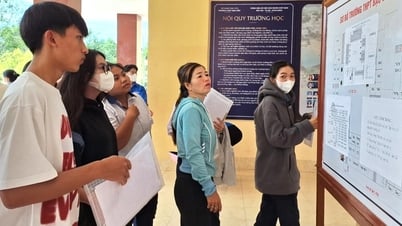



















































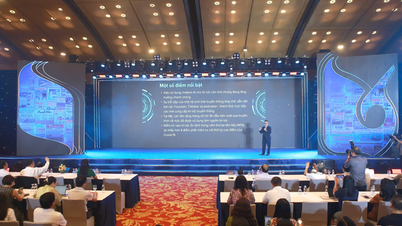








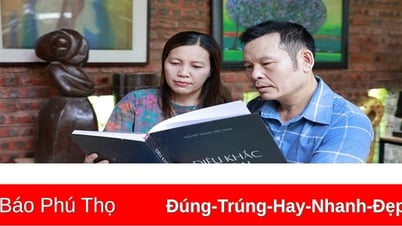






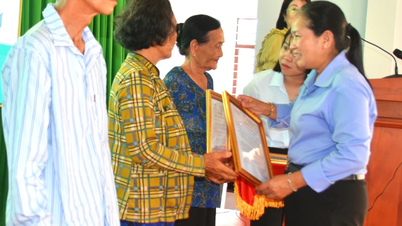


















Comment (0)